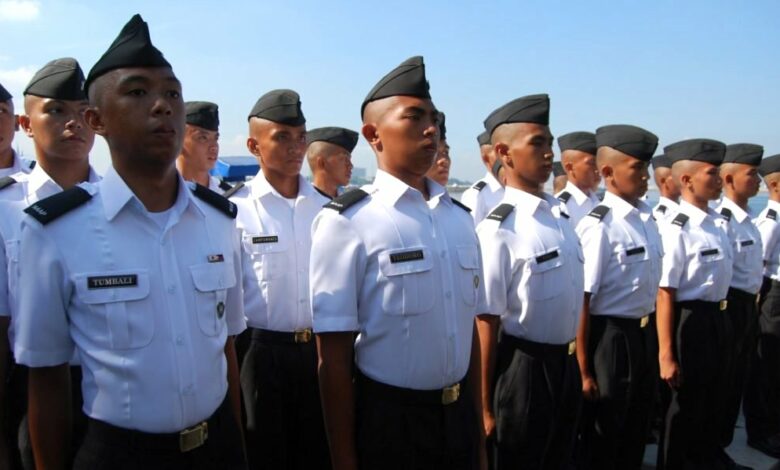Machismo and the art of shipmanagement

Andrew Craig-Bennett on the hard man culture afflicting shipping.
Reading about the escape from disaster of the Alaska Airlines B737-9 (and let us not ascribe to “luck” what was due to the skills of the crew – that no-one was in the two seats nearest the departed door plug was luck; the rest was skill, experience, training and keeping a cool head in trying circumstances – the chief virtue in Kipling’s “If..”) one thing struck me – the locked cockpit door blew out with the decompression, taking the Quick Reference Handbook (QRH) with it.
That must have been awkward. It explains why the cockpit crew didn’t pull the cockpit voice recorder circuit breaker after they landed, though it doesn’t excuse the ground staff’s failure to do so. Luckily the crew of that aircraft – all of them – were disciplined, experienced and cool enough not to need the QRH, but if it were still in the cockpit and they could have found it, it would have told them.
The only shipowning or shipmanagement company that I know of who use a QRH are Oldendorff, and with their usual low profile they don’t tell anyone. If there are others, and someone lets me know, I shall be only too happy commend them too. It may not be quite the next big thing, but it is quite a big thing, because it’s a really good idea.
A few weeks ago, I was a bit snarky about one of Oldendorff’s rare forays into the limelight, in which they paraded some greenery, so I shall make up for it by praising their use of a QRH.
The Quick Reference Handbook was not invented here. It’ s an aviation thing. It is also a really good idea, and one that translates immediately into our own world. So well done, Oldendorff.
There is a macho culture in our industry, it has been around for quite a while and it does not do us any good. Here, in our world, there is a tendency to think that anything not merely invented here but passed down from a grizzled ancient engineer (or deck officer) to the bushy tailed apprentice who is now a superintendent cannot possibly be worth thinking about, and we do have a culture of the hard man, regardless of the nationality of the crewmember. This hard man business is seen all too often in exchanges between ship and office, and since it is now quite a while since the loss of the Herald Of Free Enterprise, when the subsequent formal enquiry published some particularly egregious examples of a superintendent as a hard man, it has crept back again and is stronger than ever.
With a mighty struggle, we got our minds round the ISM Code, but that was half a lifetime ago and that has itself taken on the status of something carved on stone tablets, with its own hard men requiring obeisance to the letter of it and not the sense of it. It was around that time that someone pointed out the reason that the Titanic went to sea without enough lifeboats – because the British Board of Trade based the capacity and number of lifeboats on the get of the ship, with a sliding scale that stopped at 10,000 get – and rather little has changed. We still worship regulations.
In the best shipping companies, large or small, regardless of how old the ships are, where they sail to, what they carry or who the crew are, most of the management talent of the fleet is afloat and another big chunk of it is on leave and on courses, and most of the management talent knows this.
In the worst, men and sometimes also women, are bullied by people who know no better and so nobody ever learns anything. Funnily enough, the aviation business is, thanks to the same incident that we started this column with, and thanks to the media ripping into Boeing’s manufacturing processes – you should see the Wall Street Journal – yes, that Wall Street Journal! – giving us all a pretty good picture of what a less than ideal corporate culture looks like, and if we start to think of shipowning and shipmanagement companies with the same sorts of problems, they are not hard to find. Talk to anyone on a boxship about which ports they like and which they don’t like, and you will get a picture of that terminal company’s financial results in a couple of years.
We can all do so much better.

Looks like you are trying to convey something about the culture of ship management companies but it is not coming through with enough clarity.
Not all ship management companies, nor only ship management companies. But watch this space…
Dearly departed SPO had a QRH on the bridge of each vessel. I’m not sure if this was carried on by Tidewater or not.
Indeed so. Missed the example right under my nose!
Fortunately today’s macho is not as all pervasive or as dangerous as it was in the 50s and 60s, nor is the drinking culture, so we have matured a bit.